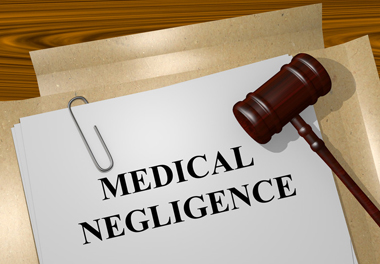In a medical malpractice case, it is vital for the lawyer to decide whether to accept or reject the case. This is a tricky choice because if you choose injudiciously, you may either end up losing valuable time and money defending an unmeritorious case or find that you have failed to take up a good case. So how do you go about making the right decision? Needless to say, you must have all the facts regarding the case – details you get from your client as well as those you obtain from professional medical reviewers who have performed a comprehensive medical record analysis and review of all relevant medical documentation. Now, this review process is a crucial one. It has to be done by reviewers who can understand and identify all medical-legal issues. You need specialty-specific medical review services that will unearth each and every medical fact that has a legal import.
- Keep in mind that the medical issues in a medical negligence case are often complex. A routine straightforward analysis may not be enough to understand the facts.
- The authenticity, quality and scope of the medical record analysis are directly proportional to the professionalism of the reviewer.
- The reviewer must be skilful and capable enough to analyze the important facts and determine whether there has been a breach of the appropriate standards of practice.
- The reviewer must be able to determine whether the issues of causation clearly strengthen any alleged breach of the accepted standard of care.
- The medical record reviewer must be able to judge whether the injuries/disabilities have been due to malpractice or whether they are an unfortunate adverse outcome that could not have been prevented.
It is best not to accept medical malpractice cases in instances such as the following.
- When the medical issues are too complex and it is difficult to prove to the jury that the doctor committed malpractice. This becomes even more challenging when there are many physicians involved and some of them did not do anything wrong.
- If the patient’s condition is such that a misdiagnosis or delayed diagnosis did not cause any additional significant injury, and would not have changed the prospects.
- If the plaintiff underwent a surgery for cosmetic, not medical reasons. In such cases the jury is not likely to have sympathy for the plaintiff for adverse outcomes.
- If the damages resulting from the injury are too small to substantiate the expense and time associated with litigation.
- If the physician accused is a highly respected professional and if the medical procedure is a rare one. In these cases, it will be difficult to find expert witnesses to testify.
- If it is difficult to satisfactorily establish the issue of causation.
- If the plaintiff has worsened the damage by failing to follow physician instructions.
- If other health conditions exist that would have been fatal to the plaintiff anyway.
Medical malpractice lawyers can consider expert medical record analysis and review services provided by a good medical record review company. This is a very important part of any medical malpractice or personal injury case and involves the organization, summarization and analysis of medical records by personnel who have sound knowledge of medicine and long-term experience in interpreting complex medical data. The medical review team usually includes physicians, legal nurse consultants, registered nurse assistants and documentation specialists, who will work together to ensure improved trial outcomes and settlement results for attorneys.




